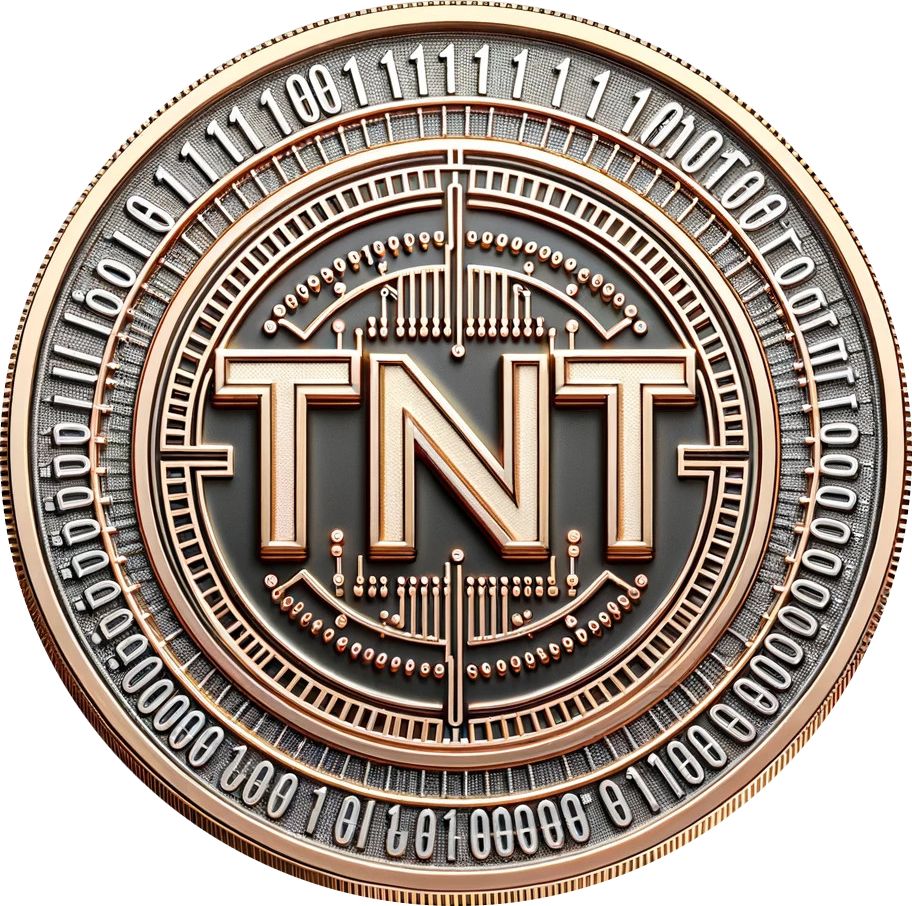
Grafana is a powerful open-source platform designed for monitoring, visualizing, and analyzing data. It supports a wide range of data sources such as Prometheus, InfluxDB, and Elasticsearch, among others, which makes it highly versatile for different IT environments and applications
Key Features of Grafana:
- Visualization: Grafana provides rich visualization options like charts, graphs, and maps for displaying time-series data, logs, and metrics. This makes it easier to understand complex data at a glance.
- Dynamic Dashboards: Users can create and manage dynamic dashboards that can be customized to display data from multiple sources, making Grafana ideal for operations monitoring, performance metrics, and IoT device data analysis.
- Alerting: Grafana offers a comprehensive alerting system that can notify you via email, webhooks, or external services like Slack when certain thresholds are met or anomalies are detected.
- Annotations: Useful for marking events on graphs, annotations help users correlate visual data with real-world events, enhancing the context and understanding of time-series data.
Applications of Grafana:
- DevOps: Monitoring application performance and infrastructure health.
- IoT: Tracking data from various sensors and devices.
- Analytics: Providing real-time visibility into operating metrics and statistics.
- Security Monitoring: Integrating with SIEMs like Elasticsearch and Splunk to monitor security data (Wikipedia).
Grafana can be deployed in various environments, supporting both cloud and on-premise setups, offering flexibility depending on the user’s operational requirements. Its ability to handle multiple data sources simultaneously and its rich plugin ecosystem make it a popular choice for developers and system administrators looking to streamline their monitoring and analytics operations (Grafana Labs).
For more details and to get started with Grafana, you can explore their official documentation and website.
